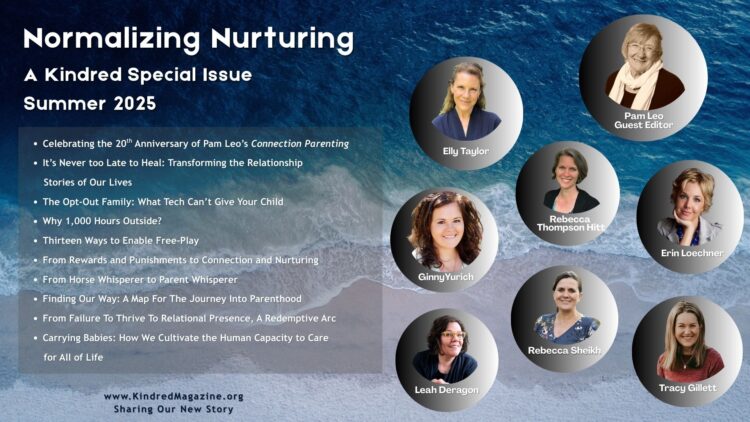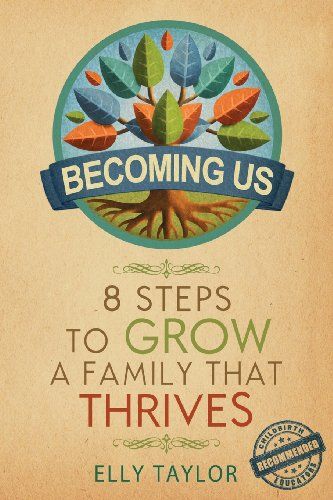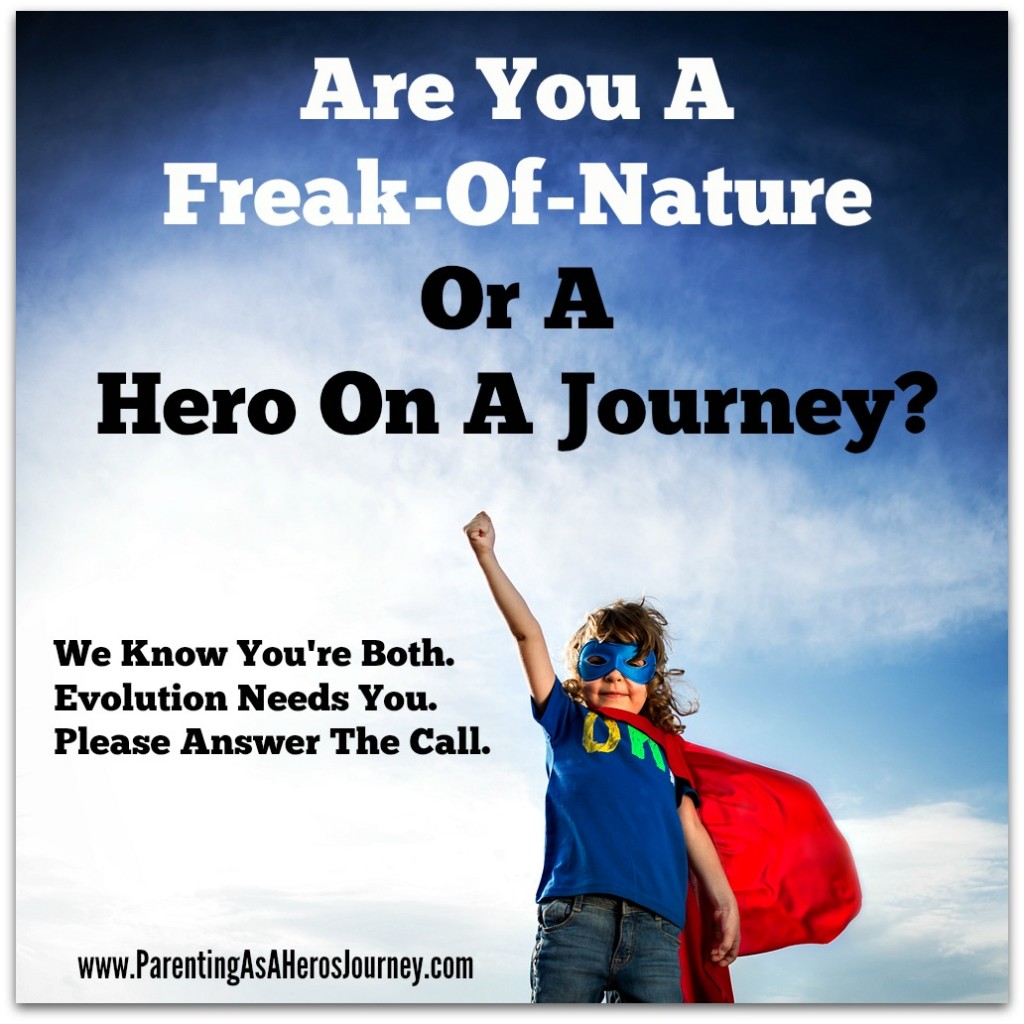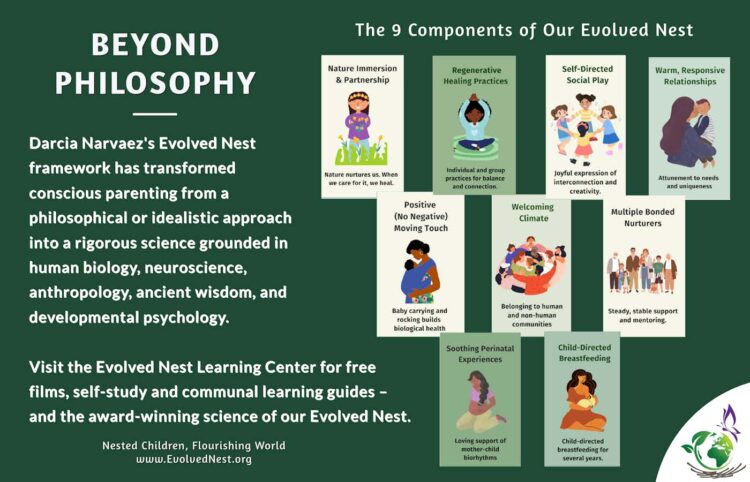And if we can teach our children this—that relationships are messy and worth it, that we can bridge two perspectives to build one path, that love is a daily practice, not a promise—we give them something precious.
A map of their own. For life.
Before Baby, We Thought We Were Ready

We’d done the prenatal classes, borrowed the family bassinet, read about breastfeeding, burping and baby baths. But what we didn’t realise—what no one thought to tell us—was that we were about to be born too. A new version of us: as parents.
And that’s what rocked our foundations.
It wasn’t just the crying, diapers or sleepless nights (although those were tough). It was the space between us—my partner and me—that quietly began to shift. Conversations that once flowed felt strained. Arguments came out of nowhere. I was exhausted and emotional; he took it personally. After ten years of loving each other and expecting to feel closer together than ever, it felt like we were both trying to find our way in the dark. Separate, lost and alone.
And yet, we weren’t alone.
Because at the same time, I was working as a Relationship Counsellor, sitting with other couples—some almost fresh from the hospital and with their baby in their arms, others years into parenthood—who were also struggling in ways they hadn’t expected. And all of us learning that none of us were failing, even though it felt like that. We were just trying to navigate something invisible but enormous. Something that no one had helped us prepare for.
That invisible space between partners—so often overlooked in perinatal care—is where Becoming Us was born.
Relationships Are the Heart of the Family

We often think of parenthood as an individual transition. “How’s mom doing?” “How’s the baby?” Maybe, “How’s dad (or partner)?” But rarely: How are you going—together?
Yet the emotional space between parents is what holds everything else up. It’s the foundation for safety, trust, teamwork, and tenderness. When that space feels connected and supportive, everything becomes more manageable. When it’s strained, the whole family feels it.
Babies don’t just grow in one regulated nervous system—they grow in the emotional soil of the whole family. When parents support each other through the exhaustion, uncertainty, joy, loss, and change inherent in those early seasons of parenthood—they help create a stable, nurturing environment where everyone can settle, connect, and grow together.
And, as I, and we, were blindsided by the changes and buffeted through the ups and downs of the next few years, I came to see how deeply the care we give our babies flows from the care we give and receive from our partners. The listening, the tuning in, the mis-steps and mending—it helps us all.
Wayfinding: The Art of Navigating Change
Early pioneers once crossed oceans and deserts with no map. They read the stars, the wind, the waves. They learned from stories of those who’d gone before. They tuned into their surroundings, backtracked when needed, and moved forward through the wilderness based on feel. They were Wayfinding.
Parenthood is a kind of crossing too. We can plan, prepare and purchase—but birth is a no-turning-back point. The old maps no longer apply. The territory has changed. What worked before may not work anymore.
And there is no single “right way” to do parenthood. Thinking in terms of right or wrong is one reason why 92% of couples report more conflict in the first year of family life. But there is a way. And parents can find it—by co-creating it together.
Wayfinding is how we move through the wilds and wonders, the mess and mystery, of becoming a family. Wayfinding through parenthood means slowing down, pausing to tune in—to ourselves, our partner, and where we want to be.
For me, connection with my husband was my North Star. That desire to be close guided me, again and again.
Why I Created a Map for Parenthood
As a relationship counsellor and a new mother at the same time, I listened deeply to the stories of my clients. Wayfinding asked me to notice. To stay curious, present, and open—and to trust that even if the parents I was working with were off course, they could find their way back to each other, and then forward, together.
Over time, I began to see patterns. Milestones. Crossroads. A picture was forming—of connection, disconnection and re-connection. Over and over again.
I didn’t know it back then, but I was starting to map parenthood.
Becoming Us became that map. It points to the big shifts—emotional, relational, psychological—that couples commonly go through. It says, “Here are some changes around the corner that might surprise you. These changes may send you on separate paths for a while. And here’s how you can find each other again when they do.”
The map offers a framework for understanding the different ways parenthood changes everything. It orients couples to the normal twists and turns, helps them know what to focus on and what to let go of, so they can meet change with less overwhelm and confusion and more compassion and support—for themselves and each other.
Because when we know change is coming, we’re less likely to see it as failure. We can see it for what it is: part of the journey.
The Eight Stages of Becoming Us

Through listening to the stories of couples for over 25 years, I identified eight stages of connection, disconnection and re-connection that unfold from conception through early parenting. While the landscape may not be the same for everyone, these stages shine a light on what’s happening beneath the surface.
There’s the excitement and bonding of early pregnancy, or the “What have we done?!” shock. Then the reality checks of later trimesters and the otherworld of birth. Identity shifts that can start even before the baby arrives. The emotional upheaval of the postpartum period. The tension between needing help and wanting independence. And the slow rebuilding of trust, teamwork and intimacy.
There are countless moments of disconnection and re-connection through it all. Moments that are different from those before the baby. And so they are unrecognisable at first. The truth is, parenthood marks both the end of a couple’s relationship as they knew it and the beginning of a new one. While some things will stay the same, others will change. The trick is knowing how to work with the inevitable, unavoidable changes, rather than against them.
These changes are full of opportunity—and also full of vulnerability. When couples are unaware of what’s happening, it’s easy to feel like something’s wrong. But when we name these changes, they become less threatening. More purposeful. More meaningful. More bonding. We realise: we’re not broken. We’re becoming.
And becoming is messy. And beautiful too.
From Concept to Care
It’s not just about knowing what’s coming. It’s about building the understanding and skills for parents and partners to meet it—together.
This means learning how to communicate when you’re running on empty. How to have empathy when you’re bone tired. How to still be close when you’re touched-out. How to build bridges after conflict, and attune emotionally, even when stretched thin. Especially when stretched thin.
These are essential for navigating parenthood as a couple. And they’re deeply connected to how we parent, too. When couples have these tools, they can stay connected through chaos. They can hold space for each other. They can manage differences in ways that deepen connection, rather than driving them apart. They can co-parent from awareness and understanding, not blame or resentment.
These are the invisible threads that hold families together. And the good news? The weaving of these threads can be learned. Practised. Strengthened. And best of all, this can happen no matter how far couples are in the journey. It’s never too late to turn to each other, join hands and move forward together.
From Book to Birthrooms
 It’s been a joy to see this work move from the page to the community. Becoming Us classes are now running in two Sydney hospitals—the very ones where our three children were born.
It’s been a joy to see this work move from the page to the community. Becoming Us classes are now running in two Sydney hospitals—the very ones where our three children were born.
First-time birthing couples are preparing together for the terrain of new parenthood—not just with tips, tricks and tools but with new viewpoints and a deeper appreciation for each other.
We explore what’s changing, what’s likely to change, and how to navigate those changes. We offer language for the emotional ups and downs, for the identity shifts, and for the relationship tension that can take couples by surprise. We help them stay close through it all.
It’s not about fixing anything. It’s about supporting their process of becoming.
Couples on the threshold of something vast and vulnerable leave feeling more equipped. And knowing where to get help as they go forward. More ready for what’s ahead.
Coming Home to Each Other
If you’re in the thick of it right now—feeling stretched, lost or not quite yourself—I want you to know this: you are not alone. What you’re experiencing is normal. And it’s navigable.
But it may mean unlearning the old ways as much as learning new ones.
Because in a world that values performance, independence and individual success, Becoming Us is not about striving to get everything right. Perfection is not the goal in this place. It’s about making space for what’s real. Tending to what’s raw. Co-creating a relationship where it’s safe to say: “This is tough—and I need you.”
It’s about trusting that even when we feel far apart, we can always find our way back home to each other.
That’s Wayfinding. Not avoiding the storms—but moving through them, together.
And if we can teach our children this—that relationships are messy and worth it, that we can bridge two perspectives to build one path, that love is a daily practice, not a promise—we give them something precious.
A map of their own. For life.

